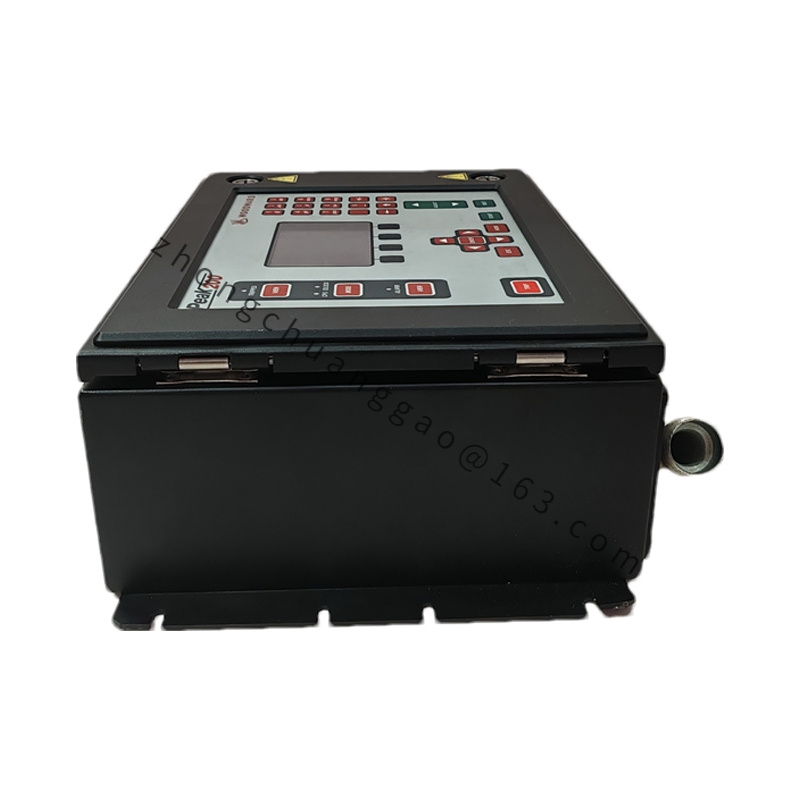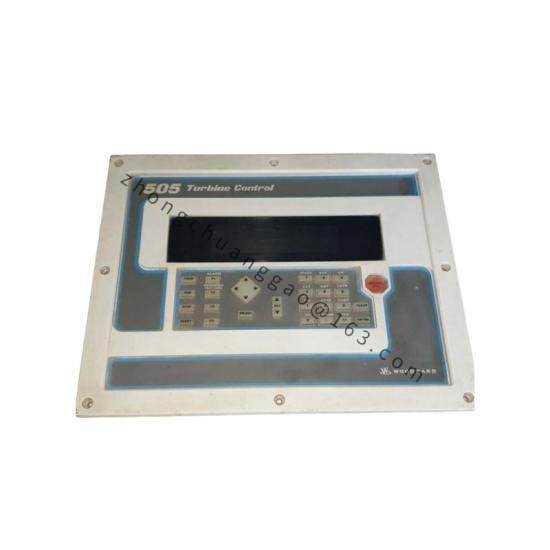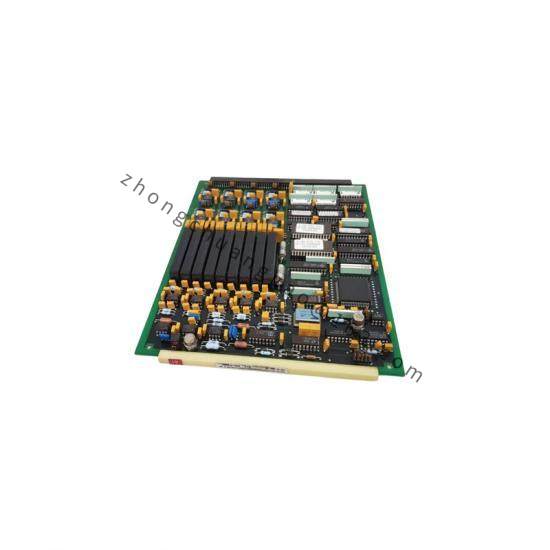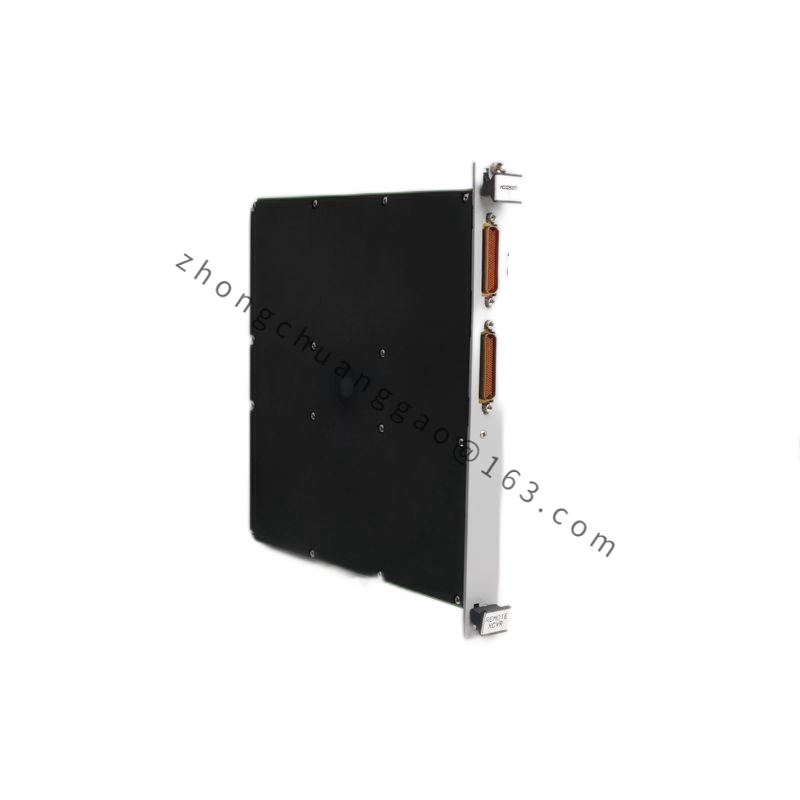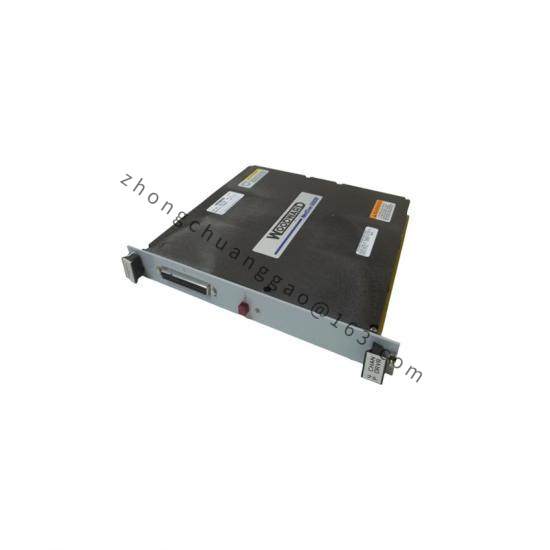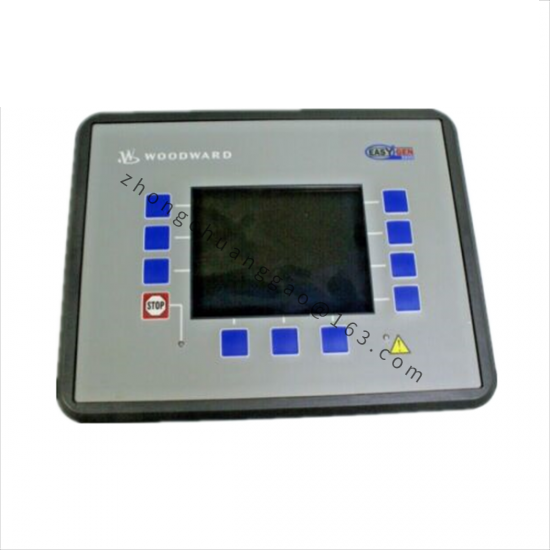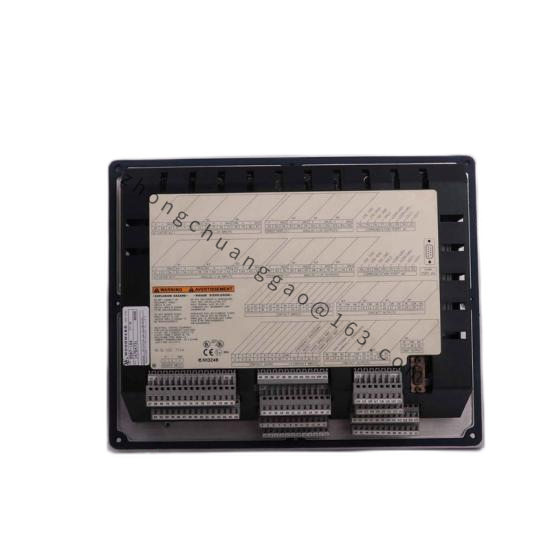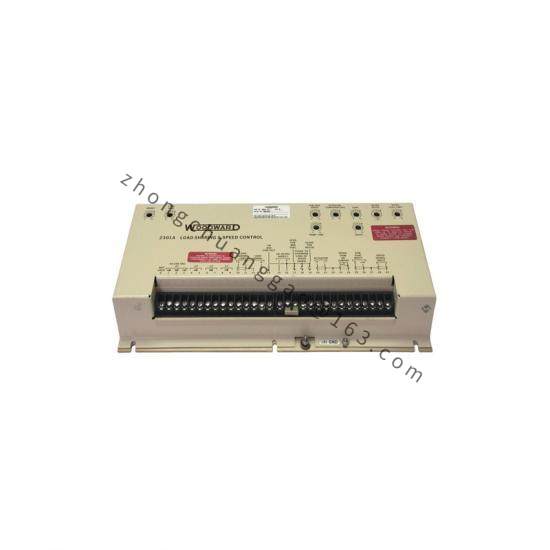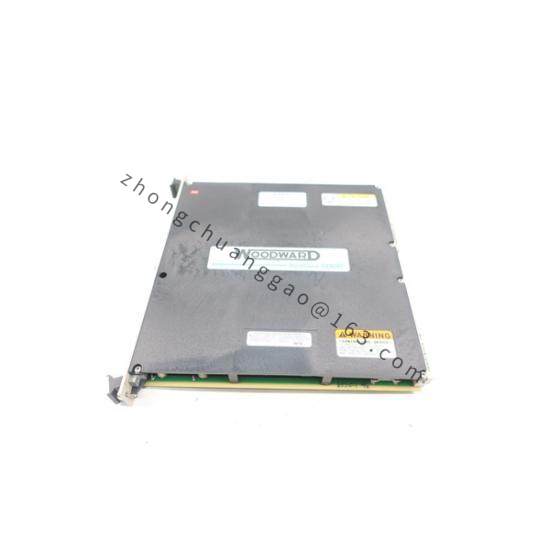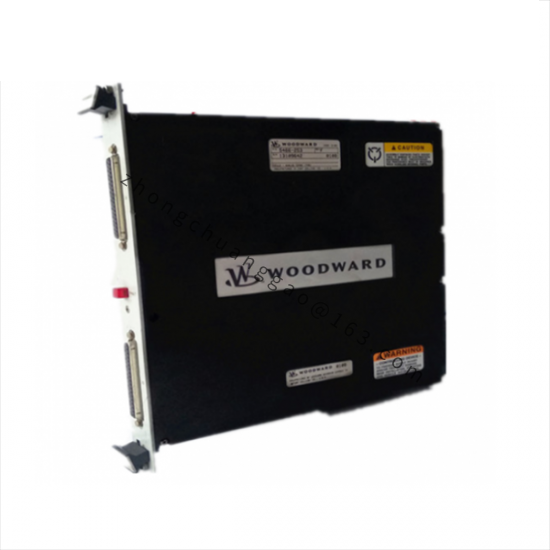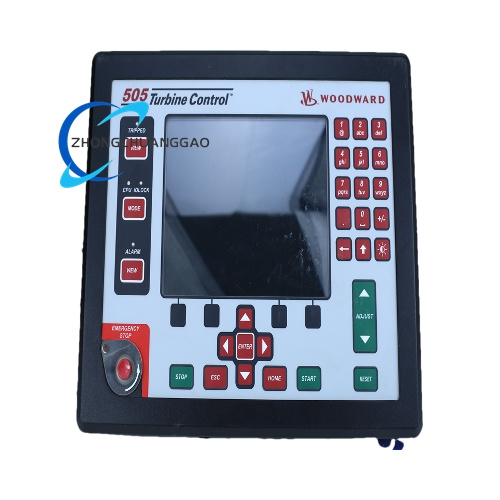Detailed content
Technical Specifications
- Model: Woodward PEAK200-HVAC 8200-1501
- Type: HVAC Controller
- Manufacturer: Woodward Inc.
- Power Supply: Typically operates on 24V DC or 115V/230V AC, depending on the configuration.
- Communication Protocols: Supports various communication protocols such as Modbus, BACnet, or proprietary protocols for integration with building management systems (BMS).
- Input/Output:
- Inputs: Includes multiple analog and digital inputs for temperature sensors, pressure sensors, and other HVAC-related measurements.
- Outputs: Provides outputs for controlling HVAC components such as dampers, fans, and heating elements.
- Display: Equipped with a user interface for configuration and monitoring, which may include an LCD or touchscreen display.
- Dimensions: Varies based on the enclosure and specific configuration; typically designed to fit standard control panels.
Functionality
- Control: Provides advanced control functions for HVAC systems, including temperature regulation, fan speed control, and pressure management.
- Monitoring: Monitors various parameters related to HVAC operations, providing real-time data and alerts.
- Automation: Supports automation of HVAC processes to enhance efficiency and performance.
- Diagnostics: Includes diagnostic tools for troubleshooting and system health monitoring.
Features
- High Precision: Offers high-precision control and monitoring to ensure optimal HVAC performance.
- Flexibility: Flexible configuration options to adapt to various HVAC system requirements.
- Integration: Compatible with a wide range of HVAC components and building management systems for seamless integration.
- User Interface: Includes an intuitive user interface for easy setup, configuration, and operation.
- Scalability: Can be scaled to accommodate different sizes and types of HVAC systems, from small units to large-scale installations.
- Alarming and Alerts: Provides alarm functions for fault conditions and alerts for maintenance needs.
Application Scenarios
- Commercial Buildings: Used in commercial buildings for efficient management of HVAC systems, including offices, malls, and hotels.
- Industrial Facilities: Applicable in industrial settings where precise HVAC control is necessary for process cooling or environmental control.
- Data Centers: Ensures reliable cooling and environmental conditions for data centers and server rooms.
- Residential Systems: Can be employed in advanced residential HVAC systems for improved comfort and efficiency.
Installation and Maintenance
- Installation: Typically installed in control panels or enclosures within HVAC systems. Requires proper wiring and configuration based on the specific application.
- Configuration: Setup involves configuring inputs, outputs, and communication settings to match the requirements of the HVAC system.
- Maintenance: Regular checks and updates are recommended to ensure optimal performance and address any potential issues.


